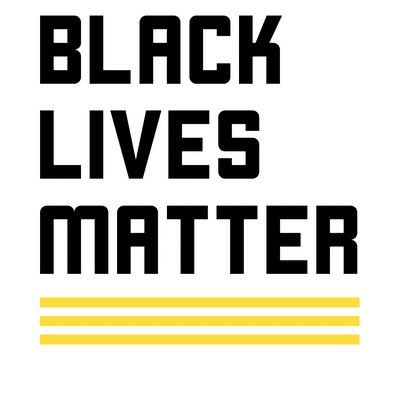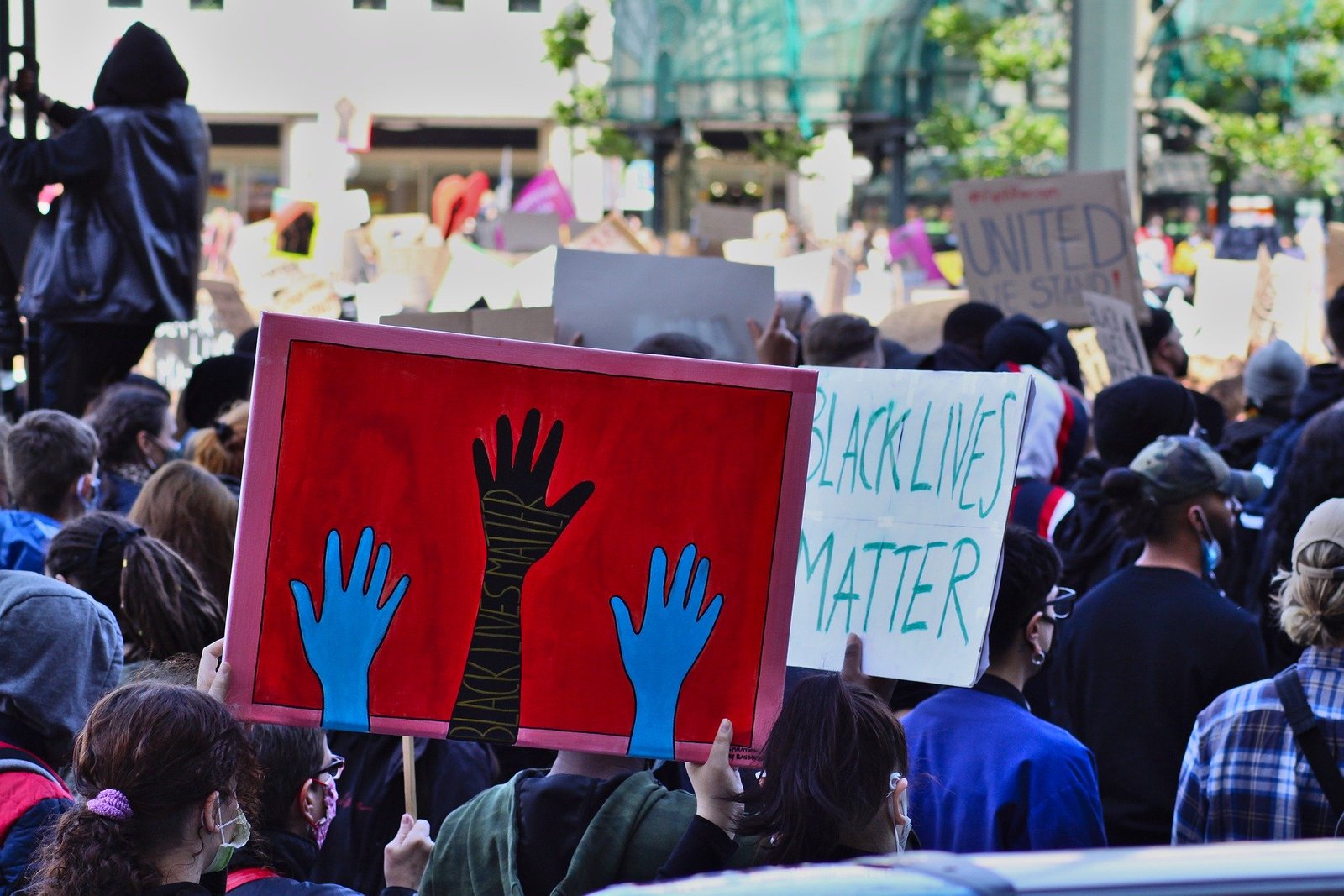There is a valuable lesson in the celebration of black culture at the royal wedding. It would be a tragedy to dismiss its significance as identity politics.
There has already been a surfeit of pieces on the ‘blackness’ of the now Duchess of Sussex, Meghan Markle, who married Prince Harry / Duke of Sussex last weekend in a wedding that is still the topic of conversation in many social media circles. From the day the pair announced their relationship formally, the biracial / mixed race identity of Meghan Markle, and the implications of it on the lily-white British monarchy, took up thousands of words and many inches of space in coverage of the couple with the fairy-tale romance. As May 19th approached, coverage on the topic became even more intense, with speculation rife about how her ‘identity’ would play into the wedding festivities.
By some accounts, this would be called identity politics, and indeed, I found the extreme focus on her partially black heritage a little disconcerting. Markle, a moderately famous US actress, had never been portrayed as a ‘coloured actress’ in Hollywood with quite such intensity, despite Hollywood being the one place where such details are celebrated and fawned over. In fact, that she was anything but white is only noticeable if one is either very observant, or watched the scene in the US legal drama-comedy Suits where she snaps at co-star Adams, “you think this is a year-round tan?”, about her olive looks. Like many millennials therefore, who find the increasing emphasis on racial, ethnic, and cultural identity unnerving, I found myself puzzled and almost disapproving at the emphasis on her ‘blackness’, from some coverage hailing her as a hope for black women in the UK, to others claiming her a mere token. Was it that important? Was it not needlessly divisive to analyse her actions and the events surrounding her wedding in terms of ‘blackness’ and ‘whiteness’? Why bother? It was a fairy tale romance to some, sheer entertainment to others. For someone often on the opposite side of the ‘identity politics spectrum’, I felt the insistence on her ‘black’ heritage was simply not helping in any way.

But if you were online on May 19th during the hours of the wedding, whether you were following it or not, you could not have missed the sheer joy of black people at the elements of black culture in the wedding. There were hundreds of tweets celebrating the looks of the mother, Doria Ragland, because she wore a nose ring and dreads.(We see you Mama, with that nose ring and those dreads) The sentiments weren’t snide, or pettily gleeful. They were joyful, that black mother, could wear a nose ring and her hair in dreads, stand shoulder to shoulder with royals, complacent in her dignified looks, and not be disapproved of. That a black woman did not feel compelled to conform to Eurocentric notions of beauty or propriety, and that she did not have to battle to do so. That being black, and merely adopting styles more typical of black people was okay. That she did not find it necessary to hide, water down, or otherwise alter who she was in order to accompany and celebrate with that bastion of western monarchy, made up of, yes, white people.
The celebration didn’t stop there – the black Bishop’s rousing sermon, more typical of the black church in America than the Church of England’s muted sobriety, was a roaring success. Black people everywhere were inordinately delighted at the performance of the Gospel Choir, and the near universal black composition of it. As one tweeter memorably mentioned, a woman of mixed race got married to an English Prince, and was not required to leave her ‘blackness’ at the door. What a time to be alive, he exulted. Undoubtedly, the elements of black participation in the wedding touched many thousands of hearts, and will go down as historic.

In a world where ‘identity politics’ (however it is defined) is a scourge, there is a very very strong movement towards elimination of identity markers themselves. ‘I don’t see colour’, is the common response of someone baffled by the attention paid to race these days. In fact even the mentioning of ‘black’ and ‘white’ as many times as I did was probably a turn off for people who dislike said ‘identity politics’. I understand this sentiment, many times I share it. I’ve been exasperated at the excessive focus on and importance given to racial markers or ethnic / religious origins, particularly in white-majority, western countries. It is undoubtedly true that the extreme emphasis on identity is becoming in some cases reductive, and reduces the significance of an individual only to membership of that group identity. I understand the sentiments of the people who say, ‘can’t we live in a post-race society’ where it is not black or white culture but instead a shared culture of humanity? On any other day I might have found the spotlight on Meghan Markle’s racial heritage unhelpful.
But – here’s the thing – the ability to envision a post-race society is only available to those whose very birth and appearance isn’t used as a basis to dismiss them. We can only live in a post race society when society does not make people feel like an identity they were born into, can be weaponised against them. What I saw so many black people expressing that day was the joy of acceptance. That Ms. Ragland could unashamedly wear her hair in dreads, and a nose ring, and stand with royalty. That Meghan Markle did not seek to suppress her mixed background, in order to fit in, but rather felt able to celebrate it. It gives one a sobering clue into what black people have come to expect in society that they felt like celebrating a hair style and nose jewellery. It is easy, trivially easy for us to dismiss it as ‘just a hairstyle’ or a minor fashion statement. But for black people it wasn’t. It wasn’t trivial, and it wasn’t small and that tells us something about the million small messages black people are sent – that who they are isn’t good enough, and that they have to change to be accepted into the highest echelons of society.

For those of us whose identities were never threatened, they become unimportant. It certainly, is, to me, and I find much appeal in the idea of being a global citizen. But, and we have to confront this if we are to be honest about countering the toxic manifestations of identity politics – background matters. For an identity under threat, they will find comfort and safety in their own group, and more likely to derive strength from the identity they were born with. It is, after all, home – the one place they truly belong, where they are not required to be different or something else. It is natural to see oneself in those terms, to hold onto it as a major element of the self, and to find joy in the celebration of their identity. Only when there is confidence that one’s collective background will not repress their progress, will they feel comfortable to not envelop themselves in it. The privilege of finding racial, ethnic, or religious identity irrelevant is reserved for those, whose belonging to a group isn’t used against them.
What I saw over the Royal Wedding was the joy of black people at their cultural symbols being accepted and not frowned upon. It opened a window into how they must have felt earlier – knowing that in a society where they are the unofficial lower class, looks that typify their group are mocked and dismissed. Even more so, it was their capacity for joy at simpler things that other groups of the world takes for granted. As another twitter memorably wrote, the reason why black people celebrated small things, is because at this time in history they are just happy for their children to graduate, to reach high school, to gain accolades in whatever form, to still be alive. That the black community still feels that rush of relief is a telling indictment of society’s history, and of how low their own expectations are.
It is tempting to roll one’s eyes at the simplicity of it, or to say, ‘”well it happened in history, get over it”. But rather than for us, the audience to decide what the emotional value of black history and pain should be, I’d rather we joined in their happiness, instead of deriding it. That one didn’t try to counter #BlackExcellence with a #WhiteExcellence hashtag, or question why black people felt drawn to celebrating black culture. It will take some time, years after the black community feels truly accepted in white majority societies, to feel like the mere colour of their skin does not pull them back. If we truly want to live in a post race society, we should give them that time, instead of demanding that they refrain from any and all racial markers. In the meantime, if communities are to truly get past race, they need to be able to actively feel happy for the other community, instead of glossing over it, and share and join in such identity oriented celebrations, instead of frowning over it.






Article Discussion